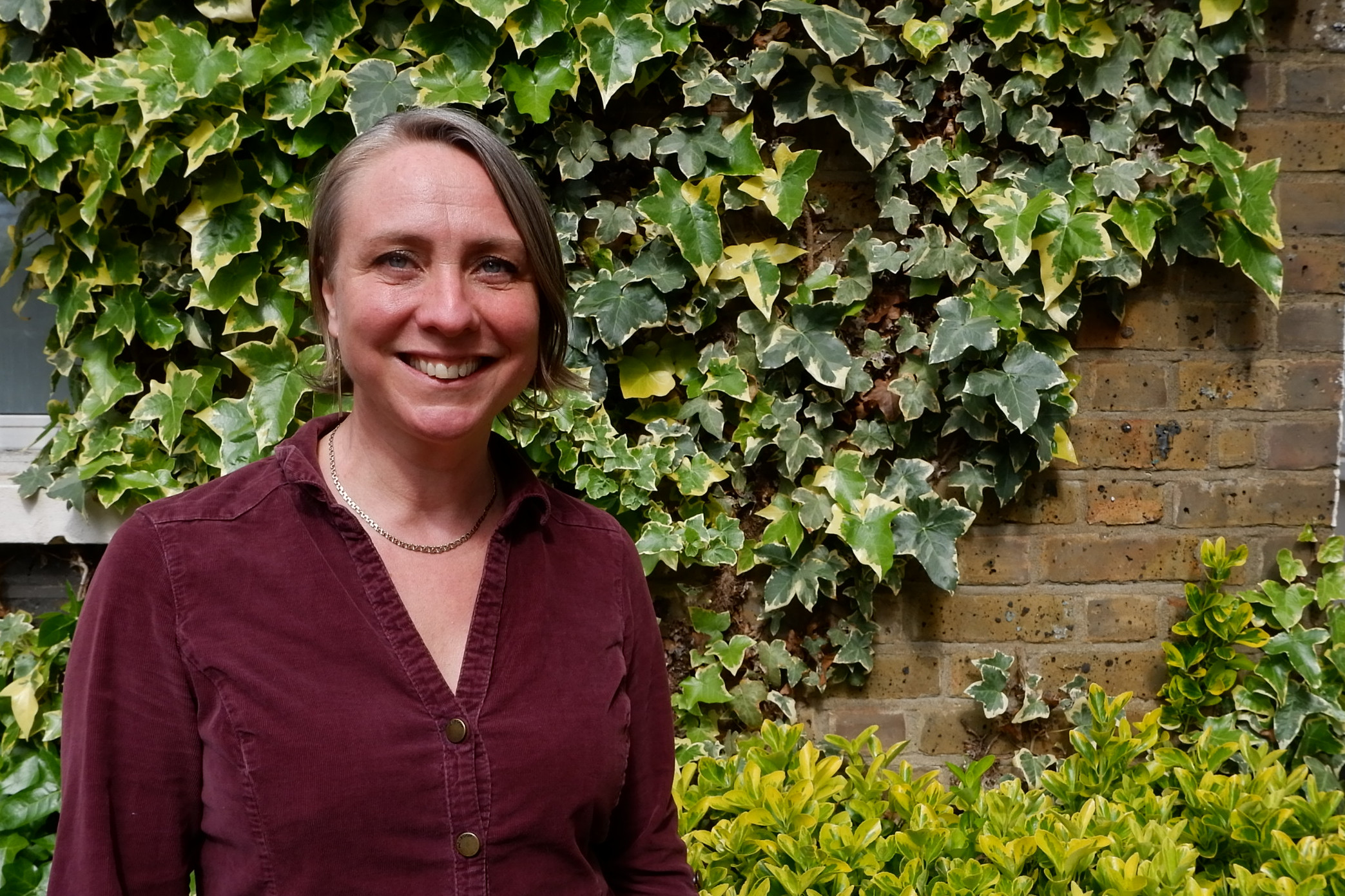Post
Supporting pioneering Scottish companies

Fifteen years ago, the disconnect between small businesses and universities collaborating for R&D was obvious, however the solution on how to solve it was not.
There was no tried and tested model to follow, so when Interface was established in 2005, by Dr Siobhán Jordan and a small team of “connectors” to bridge the gap, they began by having conversations with the academic community and the business world to find out what both needed.
A well-defined challenging proposition, clear objectives and research and development projects to match strategic aims, capabilities and capacity was on the list from academia. Top requirements from businesses were expert knowledge to help solve issues in production, processes or services, options for funding, responsiveness through a clear time frame and peace of mind over intellectual property.
Interface has succeeded in bridging the gap with impressive results by addressing all of these wishes through its value proposition of impartial translation, passion for excellence and, above all, building relationships based on trust through people.
Today the picture is of a thriving environment of business-academic collaborations which have resulted in some ground-breaking research and development.
Interface has translated over 4,500 company-led propositions (expertise search specifications) to challenge academic teams from all disciplines. 2,900 unique businesses have established informative discussions with academic partners leading to many productive partnerships. Companies supported by Interface add an estimated £64.2 million GVA into the economy each year through new services, processes, products, or efficiencies leading to cost savings.
The Interface model, of a regionally-based team for Scottish universities and research institutes, has been held up internationally garnering interest from Australia, Poland, Denmark and other countries facing the challenge Scotland has successfully overcome.
Small and medium-sized enterprises play a crucial role in contributing to the economy and 95% of companies Interface supports have 50 or fewer employees. Not many of these companies will have R&D departments, and only some will have an individual dedicated to the role.
Research and development is sometimes viewed as being only for big businesses producing pioneering products, however even the smallest enterprises have the potential to make a big impact through innovation and collaboration.
Former medical student Chris McCann who is now making in-roads in the NHS and the U.S. with Current, a wireless, wearable device for monitoring patients’ health in hospitals and communities was helped by Interface. After a referral from the Digital Health & Care Institute Innovation Centre (DHI), Interface sourced expertise in the University of the West of Scotland. Through advising on funding, a Scottish Funding Council Innovation Voucher was awarded to help offset the cost of the project. The collaboration with the University generated proof of concept data around use of ultrasound to monitor patients’ hydration levels, which helped the development phase of the device.
Also receiving significant support from Interface was fruit and vegetable wholesaler, Malcolm Wood, whose “eureka” moment to stop waste starch clogging drains led to an innovative filtration system, Peel Tech. An introduction by Interface to academics at Abertay University helped develop the initial demonstrator model. Peel Tech has been commercialised and is now selling to fish and chip shops and other retailers, winning several awards for its innovation and environmental credentials.
As is often said in business, from small acorns grow mighty oaks and the impact of Interface connections are supporting pioneering Scottish companies and academics.



